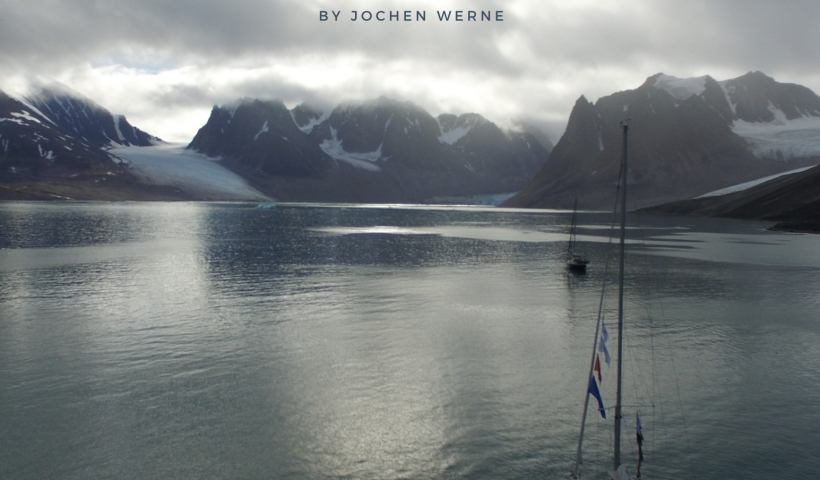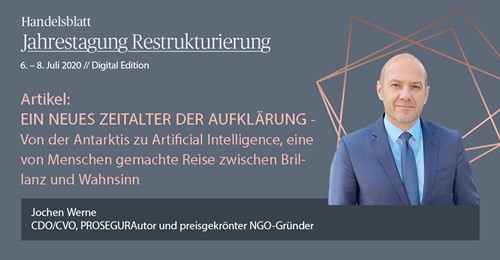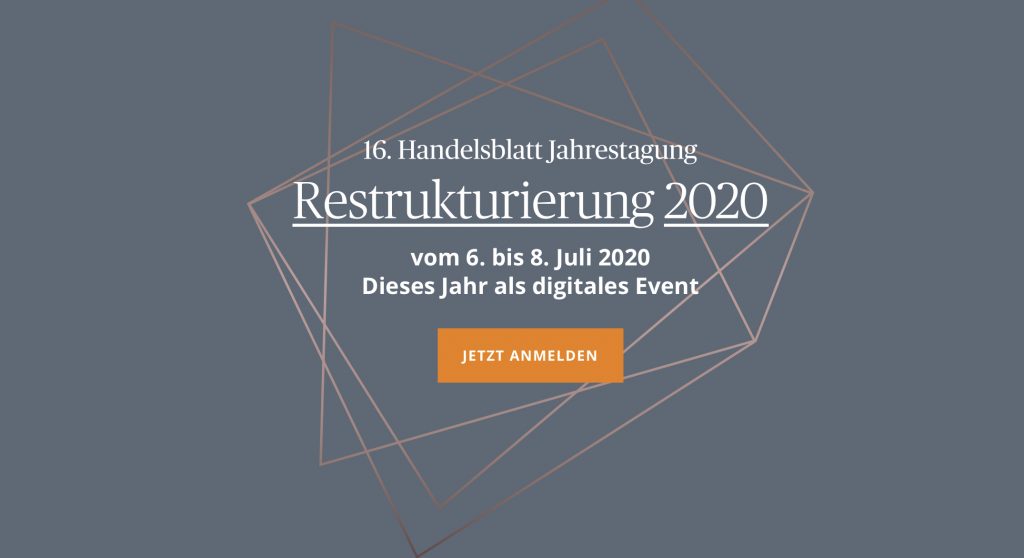From Antarctica to Artifical Intelligence, a man-made journey between brilliance and madness
by Jochen Werne
When we look carefully at our past, we come across a fascinating and sometimes schizophrenic human history of partial madness and absolute brilliance – not only when it comes to the use of new technologies. Let’s take a look into some of these stories.
1961 HAVANNA, CUBA: The world is on the brink of a nuclear holocaust. A reality created by the effects of the Cold War, political doctrines, hard borders and, not least, technological progress. Only diplomacy and pure instinct for the essence of human existence on both sides prevented the worst.
A story that reflects the precarious situation of the world at that time particularly well is found in Fidel Castro’s indirect offer to the Soviet Union to “solve the problem” and carry the communist revolution to victory by launching nuclear missiles from Cuban soil. His comrade-in-arms Che Guevara even went a step further, saying, “We say that we must tread the path of liberation, even if it may cost millions of nuclear war victims. In the struggle to the death between two systems, we can think of nothing but the final victory of socialism or its downfall as a result of the nuclear victory of imperialist aggression.” In 1962, the former First Secretary of the Communist Party of the Soviet Union, Nikita Khrushchev, replied in a letter to Fidel Castro that he did not agree with the idea because it would inevitably lead to thermonuclear war and that there was still a need for a world into which the revolution could be carried.
1961 NEW YORK, USA: In the same year, 12 nations ratify a treaty for the joint administration of an entire continent. A continent larger than the United States. A continent that is home to 90% of the world’s freshwater reserves and is of extraordinary importance for the climate of our planet: Antarctica. It is the year in which one of humanity’s most encouraging treaties was signed – the Antarctic Treaty.
OPEN-SOURCE CONCEPT: The treaty – contains several chapters on the exclusively peaceful and scientific use of Antarctica. Along with this, the treaty also regulates the joint use of all research results and data. A concept that seemed revolutionary for the time and which is crucial for finding solutions to the great challenges of our time – such as climate change or effectively combating a pandemic.
2022 PLANET EARTH. Throughout history, we have often underestimated both the positive and negative impacts on society that come from revolutionary technologies. But technology itself cannot be judged in terms of good or bad. Rather, it is how society uses it that must be judged. Today, we are again on the brink of such a societal challenge.
We live in a globally connected world. Technological progress has made data one of the most important resources. The co-founder of Twitter, Evan Williams, surprisingly stated the following in a New York Times interview in 2017: “I thought that if everyone could speak freely and share information and ideas, the world would – automatically – become a better place. I was wrong”.
It would be easy to get the impression that this phenomenon is new, but Niall Ferguson, professor of history and senior fellow at the Hoover Institute, is convinced that today’s technological progress and its impact on society are comparable to the invention of the printing press by Johannes Gutenberg in the 15th century. The printing press had many positive effects on the progress of mankind and catapulted the Bible to the top of the book bestseller list for 200 years. Unfortunately, the same technology made “Malleus Maleficarum”, also known as the “Hammer of witches”, number 2 on this list for the same period. The book was the basis for the witch hunt and brought death to so many innocent people. Certainly, today the contents of the book would be called “fake news”.
PRESENT & THE WORLD OF TOMORROW
We are all shaping the world of tomorrow today, and our aspirations have already led to much good. Technology and human creativity have, for example, contributed to a massive reduction in poverty rates worldwide. In the last 25 years, more than one billion people have been lifted out of extreme poverty.
If we look at the moment, we cannot avoid dedicating a few lines to the current COVID-19 pandemic. It is a global challenge and could be the next story of human brilliance and madness. We will witness tremendous advances in medical research and pandemic response measures thanks to AI-based analytics. But we will also witness a recession, which historically has always been an element for populism and nationalism. All this in an environment of fear and closed borders. In these situations, where many feel helpless, change has always come from progressive thinkers who were convinced of their ideas, from Kant to Ghandi to the thought leaders of today.
In our open society and with machine and deep learning technologies in our hands, we have the opportunity to make the world a better place. We can make a difference in our professions, and we can stand up and make our voices heard against polarising movements and injustice in every way. We can use our creativity and intellect to defend “the progress of thought”, which has always had the goal of “freeing man from his fear”, just as it was one of the goals of the Age of Enlightenment.
Sources:
https://www.plattform-lernende-systeme.de/home-en.html
http://www.niallferguson.com
http://antarcticblanc.com
https://www.ats.aq/index_e.html
https://www.nytimes.com/2017/05/20/technology/evan-williams-medium-twitter-internet.html
Photo source: https://pixabay.com






